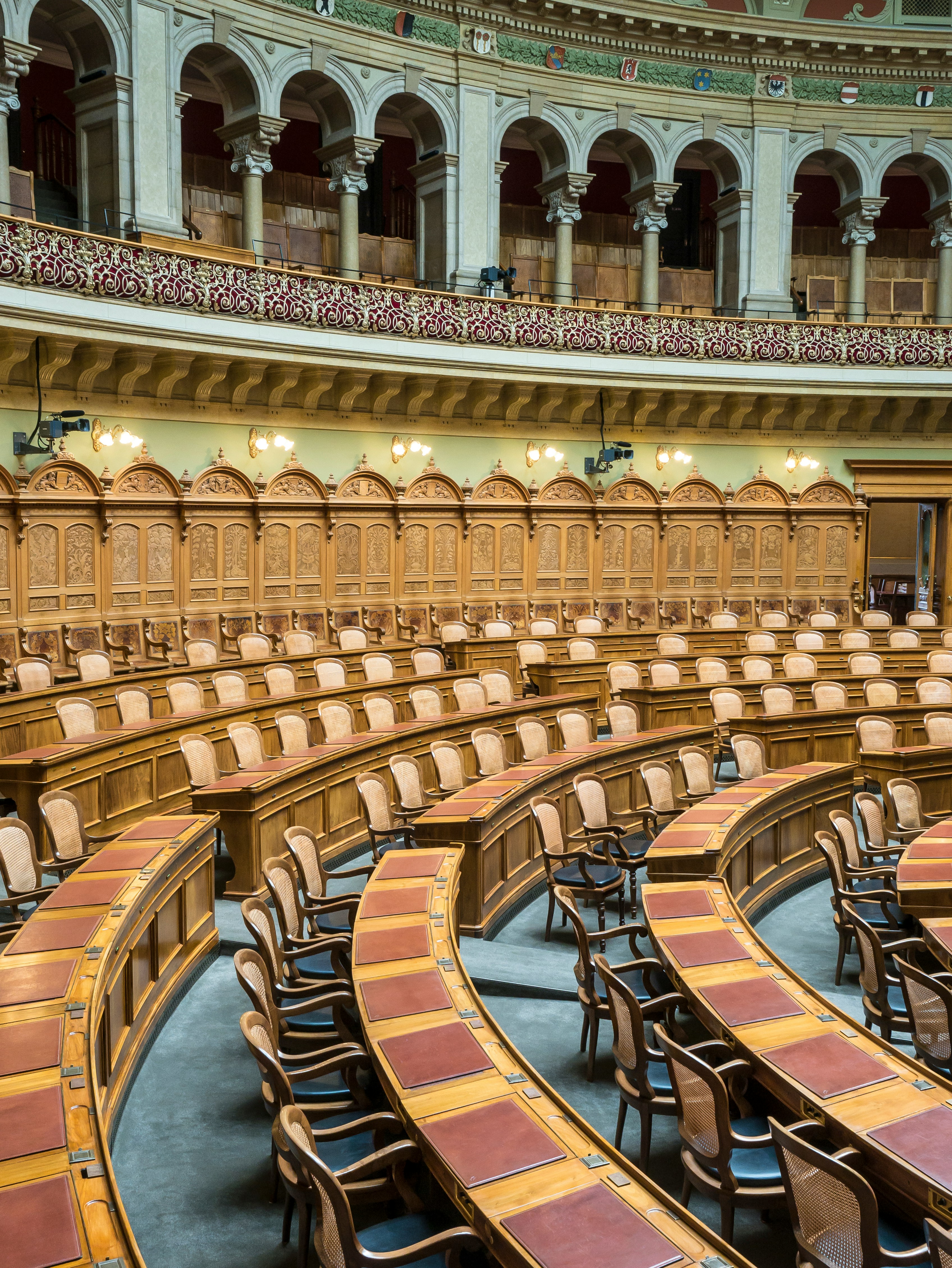
In South Korea, companies aiming to showcase their commitment to renewable energy often turn to the "Green Premium" as part of the country's RE100 scheme, or "K-RE100." This method has become the most popular choice among K-RE100 members. However, it's crucial to examine what the Green Premium is, and why it may be more of a greenwash than a genuine green solution.
What is the Green Premium?
The Green Premium allows companies to claim they are using renewable energy by paying a small additional fee on their electricity bills. Here’s how it works: Companies pay the Green Premium to Korea Electric Power Corporation (KEPCO), a state-owned utility, to be certified as procuring renewable energy, which is possible due to the Renewable Portfolio Standard (RPS).
The RPS mandates that large fossil fuel-based power producers—those generating 500 MW or more—source a certain percentage of their electricity from renewable sources.
It is important to note that KEPCO already adds a 'climate environmental fee' to everyone’s electricity bills to cover the cost of generating renewable energy for the RPS. Therefore, companies buying the Green Premium are essentially claiming credit for renewable energy without actually paying for any new renewable energy.
Figure 1. Relationship between RPS and Green Premiums

What are the issues?
Risk of Double Counting
Claiming greenhouse gas reduction from using Green Premium leads to double counting. This is because renewable energy from RPS is already counted towards power sector emissions reduction within Korea’s Emissions Trading Scheme (K-ETS). Recently, companies like SK and POSCO faced legal action for greenwashing. This was due to falsely claiming that Green Premium purchases contributed to their carbon reduction efforts, potentially misleading consumers and stakeholders about their true environmental impact.
Unusually Low Prices
One significant issue is the low cost of purchasing renewable energy through the Green Premium. As of Q1 2024, the average bid price for Green Premium was around 10.4 KRW per kWh, with a price floor of 10 KRW. In contrast, the price of actual renewable energy certificates (RECs), traded on the market, averaged more than 70 KRW per kWh in 2023. This discrepancy indicates that companies are getting certified renewable energy at a fraction of its actual cost.
3. Limited Impact on New Renewable Energy Projects
Another major concern is that the Green Premium doesn't directly lead to the creation of new renewable energy. It merely reallocates existing renewable energy secured through the RPS. To address this, the government has set up a fund from Green Premium sales to invest in new renewable projects. However, this fund is criticized for its low effectiveness and lack of transparency, partly due to the low price of the Green Premium and how the funds are managed.
Why the Green Premium Needs Reconsideration
The Green Premium system, as it stands, does not significantly reduce greenhouse gas emissions or contribute effectively to new renewable energy projects. Instead, it risks offering ways for companies to greenwash by claiming renewable energy use at a very low cost without genuinely contributing to the transition to greener energy.
For a more impactful solution, there needs to be a shift towards expanding Corporate Power Purchase Agreements (PPAs). These agreements are designed to support the development of new renewable energy projects and provide a more transparent and effective way for companies to invest in clean energy.
While the Green Premium may seem like a green solution on the surface, it has major issues that undermine genuine progress in renewable energy adoption. It’s crucial for South Korea to revisit and revise this system to ensure that it effectively supports the transition to a cleaner, more sustainable energy future.








